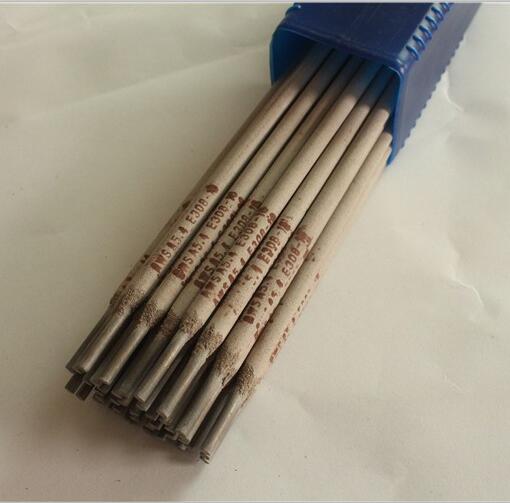Choosing the Right Welding Electrode Rod for Your Projects
Understanding Welding Electrode Rods A Comprehensive Guide
Welding is an essential process in various industries, prominently in construction, automotive, and manufacturing. One of the critical components in the welding process is the welding electrode rod. This article explores what welding electrode rods are, their types, applications, and essential considerations when choosing the right rod for your welding project.
What is a Welding Electrode Rod?
A welding electrode rod is a conductive material that creates an electric arc when connected to a power source, melting the metal and allowing it to fuse together. The rod itself is typically coated with a flux material that helps protect the weld from contamination and oxidation during the welding process. The different rods cater to various materials, thicknesses, and welding methods.
Types of Welding Electrode Rods
Welding electrode rods come in various types, each suited for specific welding techniques and materials
1. Mild Steel Electrodes These are the most commonly used electrodes, often made from carbon steel. They are suitable for joining mild steel and have good mechanical properties. The most recognized type is the E6011 and E6013 rods, used in many general applications.
2. Stainless Steel Electrodes Designed specifically for welding stainless steel, these electrodes provide excellent corrosion resistance and are often used in food processing, chemical, and marine applications. Popular examples include E308 and E316 electrodes.
3. Cast Iron Electrodes These rods are used for welding cast iron, featuring high nickel content to ensure a strong bond. ENiFe-CI is a widely used rod in this category.
4. Low-Hydrogen Electrodes Ideal for high-stress applications, low-hydrogen electrodes minimize the risk of hydrogen-induced cracking. They are used primarily in welding high-strength steels and meet stringent welding codes.
5. Specialty Electrodes There are specialty rods designed for specific applications, such as those for welding aluminum or for hard-facing applications where wear resistance is crucial.
Applications of Welding Electrode Rods
welding electrode rod

Welding electrode rods are employed in a myriad of applications, including
- Construction For building structural frames, bridges, and equipment. - Automotive Used in vehicle repair and manufacturing of parts. - Industrial Equipment Repairing and fabricating machinery and tools. - Home Projects For hobbyists and DIY enthusiasts working on metal projects.
Choosing the Right Welding Electrode Rod
Selecting the appropriate welding electrode rod depends on several factors
1. Material Compatibility Ensure the rod matches the base materials you are welding. For instance, using a mild steel electrode on stainless steel can lead to poor quality welds.
2. Welding Position Different rods perform better in various positions (flat, horizontal, vertical, overhead). Ensure the chosen electrode can accommodate your project's requirements.
3. Amperage and Voltage Each electrode has a specific operating range for the current. Choose an electrode that operates efficiently within your welding machine's capabilities.
4. Penetration and Bead Appearance Consider the desired penetration and aesthetics of the weld bead. Some rods produce a cleaner bead and better penetration, which is crucial in structural applications.
5. Flux Type The type of flux coating affects the welding characteristics, including spatter control and the ease of slag removal. Choose a flux that fits your welding environment and skill level.
Conclusion
Welding electrode rods play an indispensable role in achieving strong and durable welds across various industries. Understanding the different types, applications, and factors for selection is essential for anyone involved in welding. By choosing the appropriate rod for your specific project, you can ensure the quality and integrity of your welds, leading to successful outcomes in your welding endeavors.
-
Best MIG Welding No Gas Flux Core Solution – Easy, Portable & Clean WeldingNewsJul.08,2025
-
7018 Welding Rod 3/16 - High Strength, Low Hydrogen Electrodes Wholesale 3/32 Welding Rod 7018 Suppliers & China 7018 AC Welding Rod FactoryNewsJul.08,2025
-
High Quality MIG Aluminium Welding Wire - Wholesale Factory Prices from China SuppliersNewsJul.07,2025
-
High-Quality Gasless Aluminum Welding Wire China Gasless Aluminum MIG Wire SupplierNewsJul.07,2025
-
High Quality Ordinary Welding Rod for Pipes – Reliable China Welding Rod 7016 SupplierNewsJul.06,2025
-
Welding Wire 0.9 mm ER70S-6 Supplier Wholesale Manufacturers & FactoriesNewsJul.06,2025


